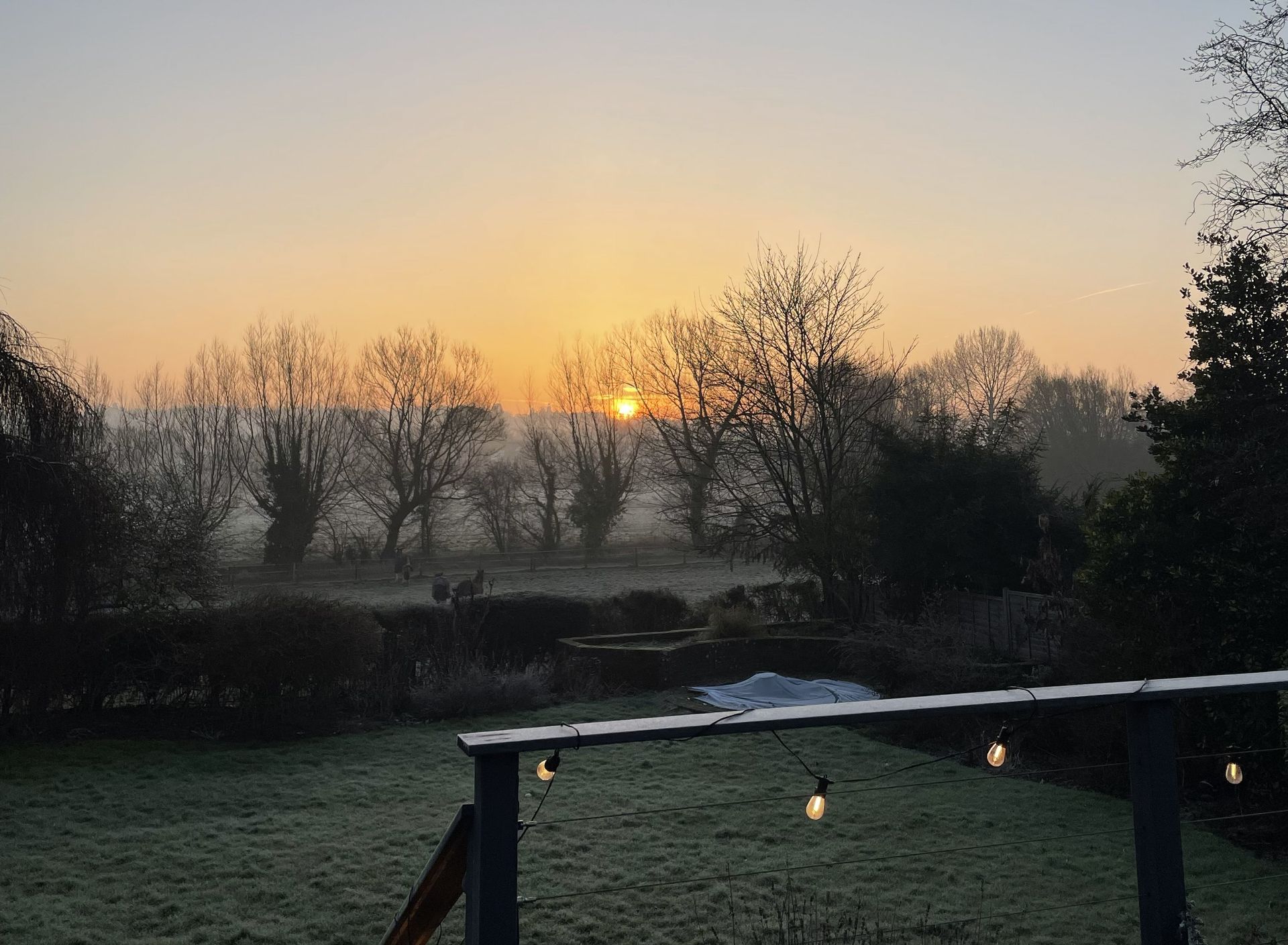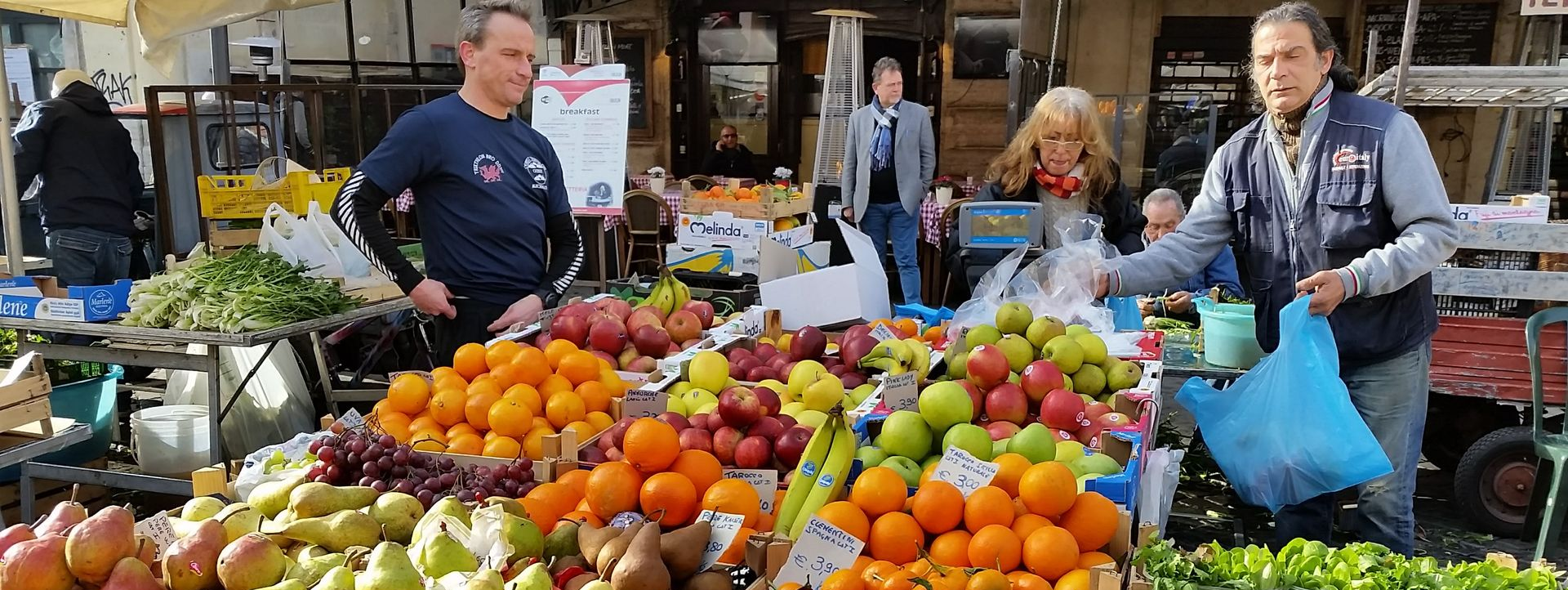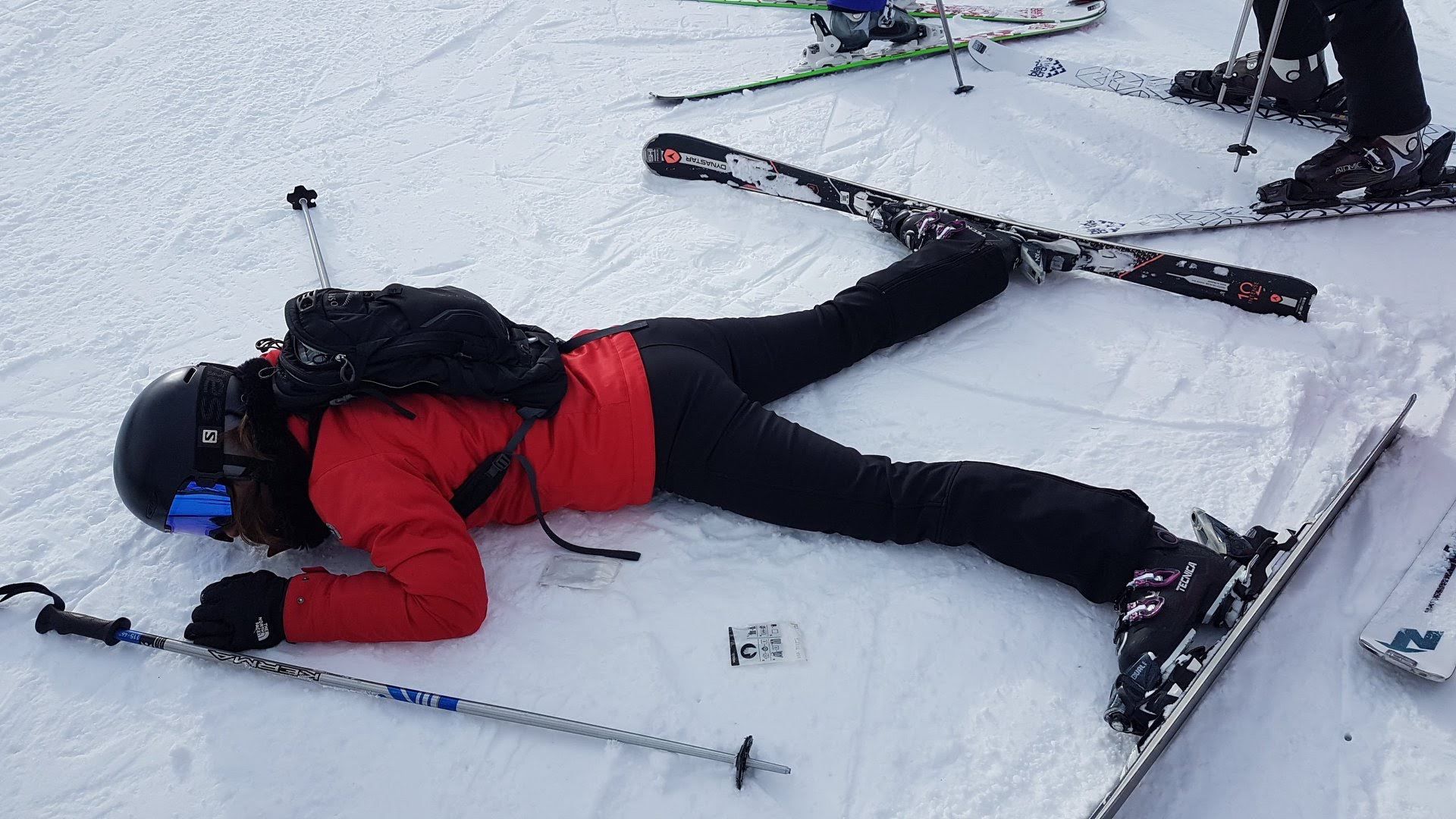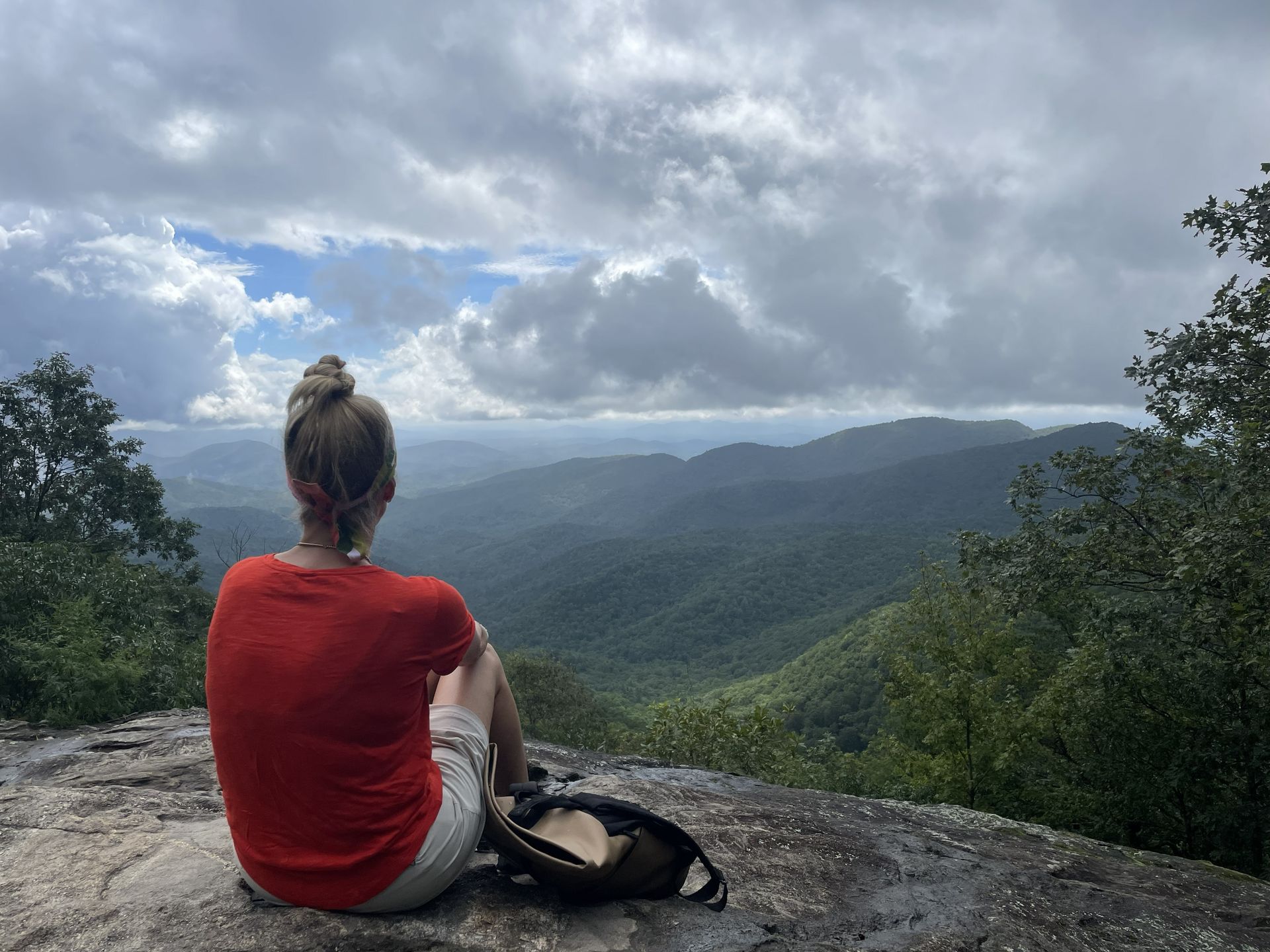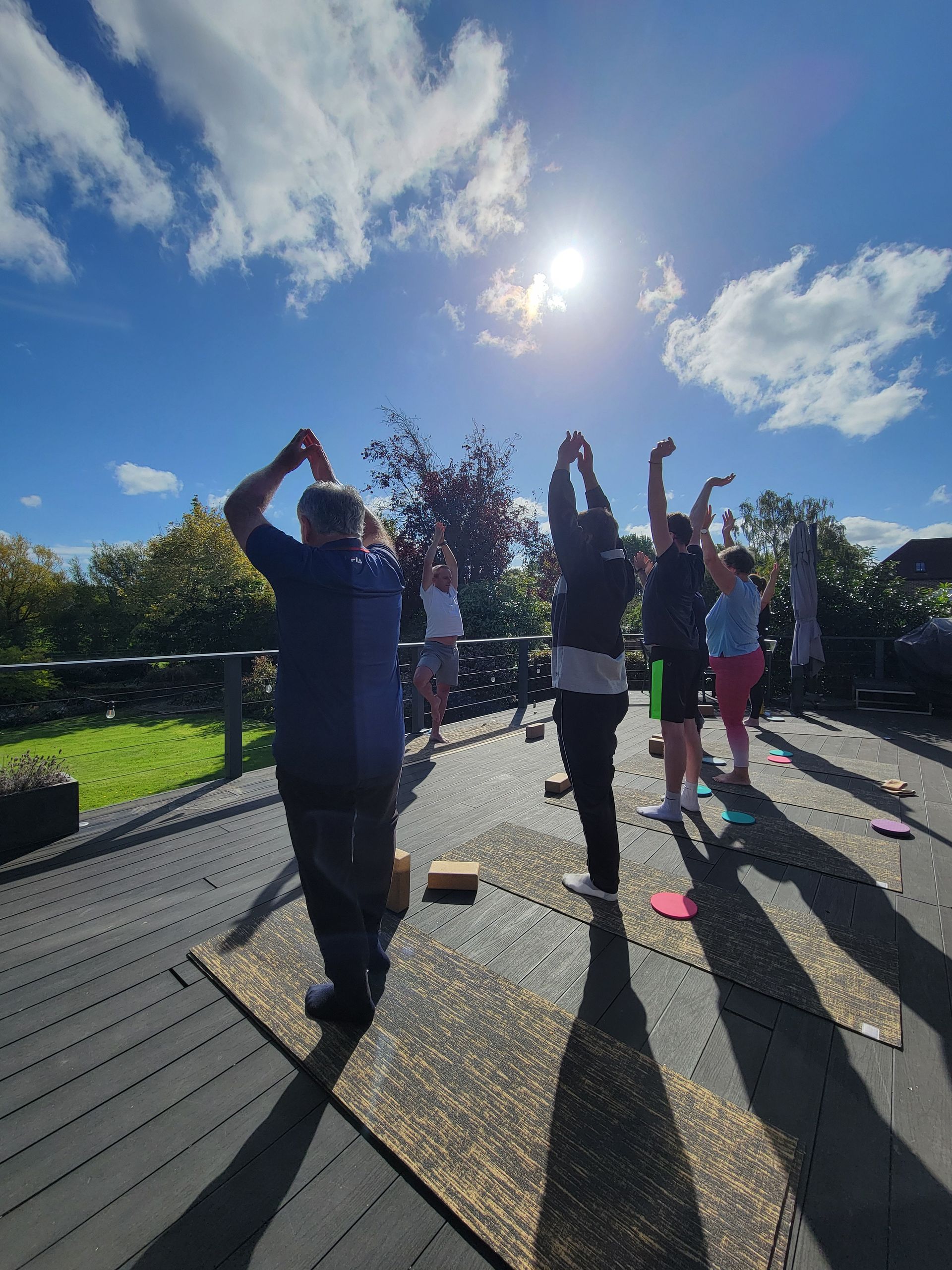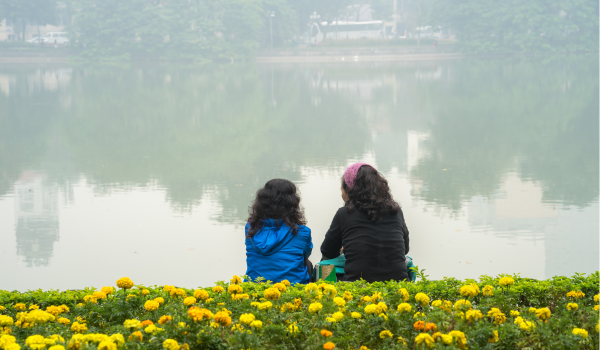5 PILLARS OF WELLBEING
Wellbeing Explained
5 Pillars of Wellbeing
Looking after the wellbeing of friends, family and colleagues is something we hear a lot about in modern life. But what makes up 'wellbeing'?
Before we can even try to look after or improve someone's wellbeing, it's important to understand what the different components of wellbeing actually are.
As with the Tonics we like to share at My Life Tonic, the pillars of wellbeing need not cost much or take much time; rather they are additions that can be added to your daily life that can have a noticeable difference to how you feel.
What are the 5 pillars of wellbeing?
- Connecting with others
- Being physically active
- Learning and problem solving
- Giving
- Being mindful
Connecting with others
Social interaction with others is so important to us as individuals; be it with friends, family, team mates or work colleagues.
Interactions provide a sense of emotional connection and sense of community. In fact, loneliness is one of the biggest factors that can affect our own mental health and wellbeing. Traditionally connecting with others was done face to face, enjoying a hobby with others or volunteering, however, online interactions can also provide the same connection. Certainly through lock down, our son really benefited from being able to connect with friends playing games online. The key point is finding a community that enable a positive sense of interaction.
Why not try
- Dedicating time with your family at mealtimes or during the weekend
- Catching up with friends
- Turn off the TV and play a game or cards
- Have lunch with a colleagues (and try not to talk about work)
- Visit a friend that may need support
- Volunteer at a local organisation, charity or sports club that you feel passionate about, or who could do with some support
- Use technology to keep in contact with people not close by
- Speak to someone rather than sending an email
- Turning off the TV and playing game...
Being physically active
Exercise has a positive impact on both our physical health as well our mental health.
Physically, it need not be an intense workout, but the fact that you are getting moving will help raise the heart rate, burn fat and stimulate better blood circulation around the body. Any form of exercise will release endorphins that can help reduce depression and anxiety. Stretching or walking are low impact ways to keep active. Trying to reach 5000 steps a day can be both achievable and need not take up lots of time or money.
From a mental health perspective, doing the exercise with someone can provide the interaction that is equally important for our mental health.
Have you thought about
- Walking to work or at lunch to integrate your exercise into your daily habits
- Setting yourself a goal - steps per day or maybe the Coach to 5km maybe something to consider
- Do something you enjoy - you are more likely to stick at it -swim, dance, ride, walk - there's plenty of choice
- Join a sports club to give you a sense of community
- Learn a new sport to gain a new skill and potentially meet new people
- Do the activity with someone - it's social and can keep you motivated
- Walk up the stairs rather than take the lift or escalators
- Keep moving - try standing at your desk for short periods through the day
Keep learning or problem solving
Keeping the mind active need not be purely academic (though this may be a way to keep the mind active and provide a sense of purpose at the same time).
The process of learning will boost your self confidence and help you to connect with others that have a shared interest. Doing something new throughout the week can provide that sense of learning or problem solving; doing the daily wordle, cooking new recipes to taking a course in an area you are interested in. There need not be an exam at the end of it. Having a continued sense of learning can help provide a sense of purpose. You may have come across terms like 'growth mindset' or 'continuous learning' in a work environment but actually it applies in our everyday lives. The difference is that we can choose when, what and how we do it.
For example, if you are a keen kayaker, you may want to take more qualifications based on your skill level, that will show a sense of progression and sense of achievement.
Some ideas to get the mind thinking
- Cook a new recipe each week - maybe try recipes from different countries or seasonal fruit and vegetables
- Try some DIY at home- I know I certainly learnt a lot over lock down when I renovated my shed...I'd like to think I improved over time
- Take on new responsibility at work - maybe offer to mentor a junior member of the team, sharing your knowledge
- Research something you are interested in - but haven't had time to find out about
- Read a book - fact or fiction, read something you find interesting
Giving
Random acts of kindness have become popular, or had a lot of profile, in a social media world. They can have a positive impact of both the giver and the recipient; providing a sense of purpose and self worth.
But there are so many way's to give - it could be time, advice or supporting a cause you feel particularly close to. Over lock down, during the pandemic, Shannon and I were able to spend some time at the local vaccination center. Not only did it get us out the house, we got to interact with other people and we felt we were helping out. An action may not be exclusively beneficial to any of the 5 pillars of wellbeing; more often than not you will notice a certain amount of crossover between the pillars.
Similarly, the simple act of being there to listen to someone can be equally rewarding and support the mental health of an individual Ultimately, being able to 'give' or 'give back' can help provide a sense of connection with a community wherever you are.
Being mindful
Allowing the mind to switch off is one way to explain 'being mindful.'
For me personally I enjoy doing exercise without music and allowing my mind to be still. For others it may be cooking, playing music or reading a book. Try to think of a time when you are 'caught up in the moment' in what you are doing; when the mind isn't thinking of anything else. Similarly, going for a walk and stopping to take in the view or sounds around you can allow your mind to de clutter, not have to think about what needs to be done or solve problems.
For me that is 'being mindful' or 'present.'
We are all different and will have different ways of being present. At My Life Tonic, our aim is to help people find what works for them, to experience the benefits of being present or mindful.

